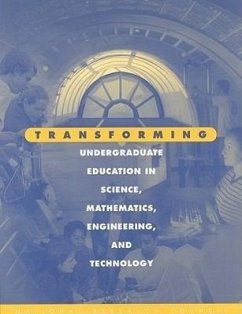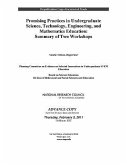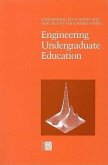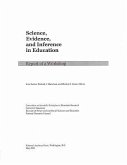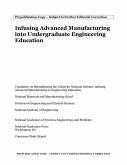Today's undergraduate students -- future leaders, policymakers, teachers, and citizens, as well as scientists and engineers -- will need to make important decisions based on their understanding of scientific and technological concepts. However, many undergraduates in the United States do not study science, mathematics engineering, or technology (SME&T) for more than one year, if at all. To address these issues, the National Research Council convened a series of symposia and forums of representatives from SME&T educational and industrial communities. Those discussions contributed to this book, which provides six vision statements and recommendations for how to improve SME&T education for all undergraduates. The book addresses precollege preparation for students in SME&T and the joint roles and responsibilities of faculty and administrators in arts and sciences and in schools of education to better educate teachers of K-12 mathematics, science, and technology. It suggests how colleges can improve and evaluate lower-division undergraduate courses for all students, strengthen institutional infrastructures to encourage quality teaching, and better prepare graduate students who will become future SME&T faculty.
Bitte wählen Sie Ihr Anliegen aus.
Rechnungen
Retourenschein anfordern
Bestellstatus
Storno

